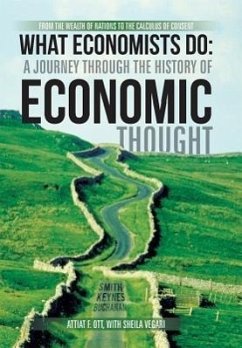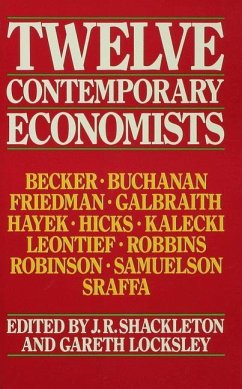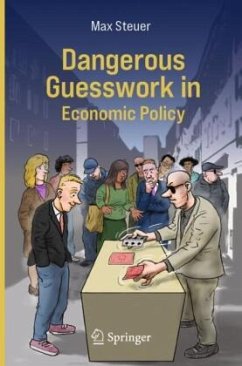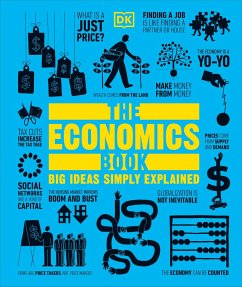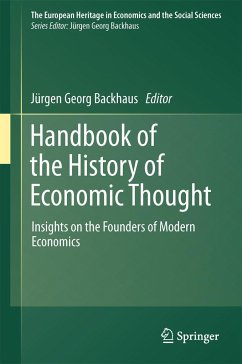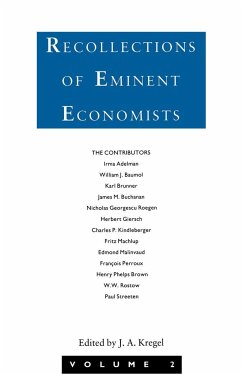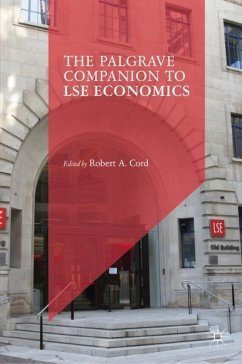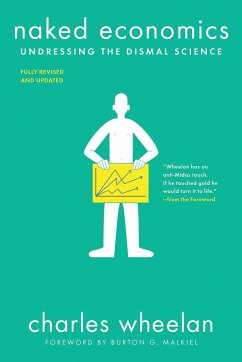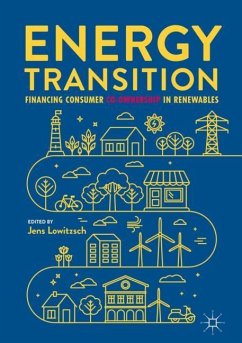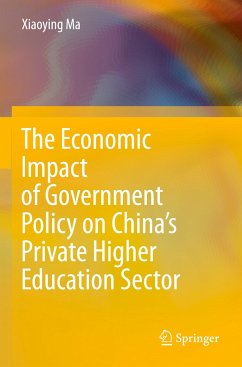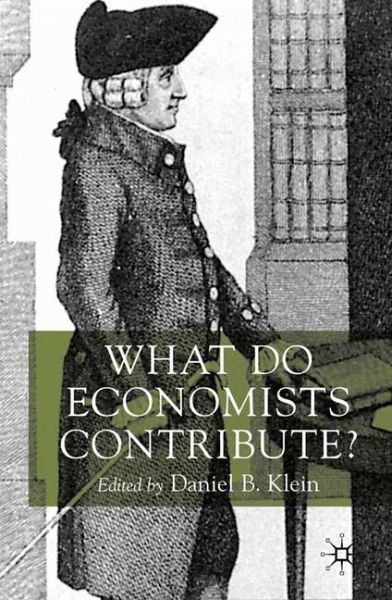
What Do Economists Contribute?
Versandkostenfrei!
Versandfertig in 6-10 Tagen
76,99 €
inkl. MwSt.

PAYBACK Punkte
38 °P sammeln!
The title of this book raises a provocative question that should make all economists think. What is our raison d'etre ? Only a few economists have specifically addressed the issue. Several of the more challenging efforts are included here. Do economists have much influence on government policy, particularly over, say, five or ten years? Is that because they don't try hard enough or is it because politicians care more about the next election than about the opinion of economists? In this splendid collection, some published as long ago as the 1930s, nine great economists consider these questions....
The title of this book raises a provocative question that should make all economists think. What is our raison d'etre ? Only a few economists have specifically addressed the issue. Several of the more challenging efforts are included here. Do economists have much influence on government policy, particularly over, say, five or ten years? Is that because they don't try hard enough or is it because politicians care more about the next election than about the opinion of economists? In this splendid collection, some published as long ago as the 1930s, nine great economists consider these questions. The editor's illuminating introduction sorts out the area of agreement and disagreement between them.





